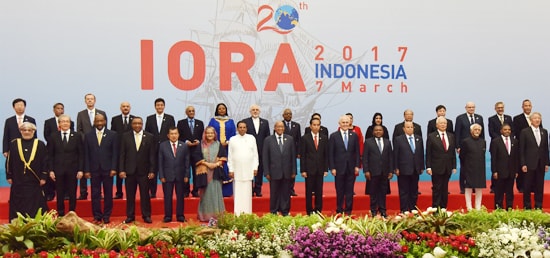
Needed a “new approach” to deal with N Korea: US
US Secretary of State Rex Tillerson reached Seoul on the second leg of a six-day sweep of Japan, South Korea and China, a nuclear hotspot gripped by high tensions following North Korea’s testing of missiles last week, on his first overseas visit since being appointed to the post.
As North Korea fired four missiles in quick succession, which splashed not far from the coast of Japan, the nuclear and military threat posed provoked the neighbouring countries to forge a plan on how best to confront a defiant Pyongyang and slow or halt its move to launch a nuclear strike.
North Korea’s military had launched an unprecedented 21 ballistic missiles in 2016 and set off two nuclear detonations. It has launched five missiles in the first 69 days of this year, making the region a potential nuclear flashpoint.
In both Tokyo and Seoul, the US top diplomat told the media that Washington is in search of a “new approach” for North Korea after what he described as two decades of failed efforts to denuclearize the country. In Tokyo on March 17, Mr Tillerson said two decades of diplomatic and other efforts, including a period when the US provided North Korea with $1.35 billion in assistance “to take a different pathway”, had come to nothing, an apparent dig at previous President Barrack Obama’s policy of “patience and engagement” with North Korea.
In China, Mr Tillerson is expected to convey to the Chinese leadership that the Donald Trump administration is keen on pursuing a constructive relationship with Beijing while remaining firm to ensure that China abides by international rules and that trade between the two countries is not eschewed in favour or disfavour of any side unfairly and conducted on a level playing field. He is also likely to sound out how China could give more opportunities for U.S. firms to export goods and services to that country.









